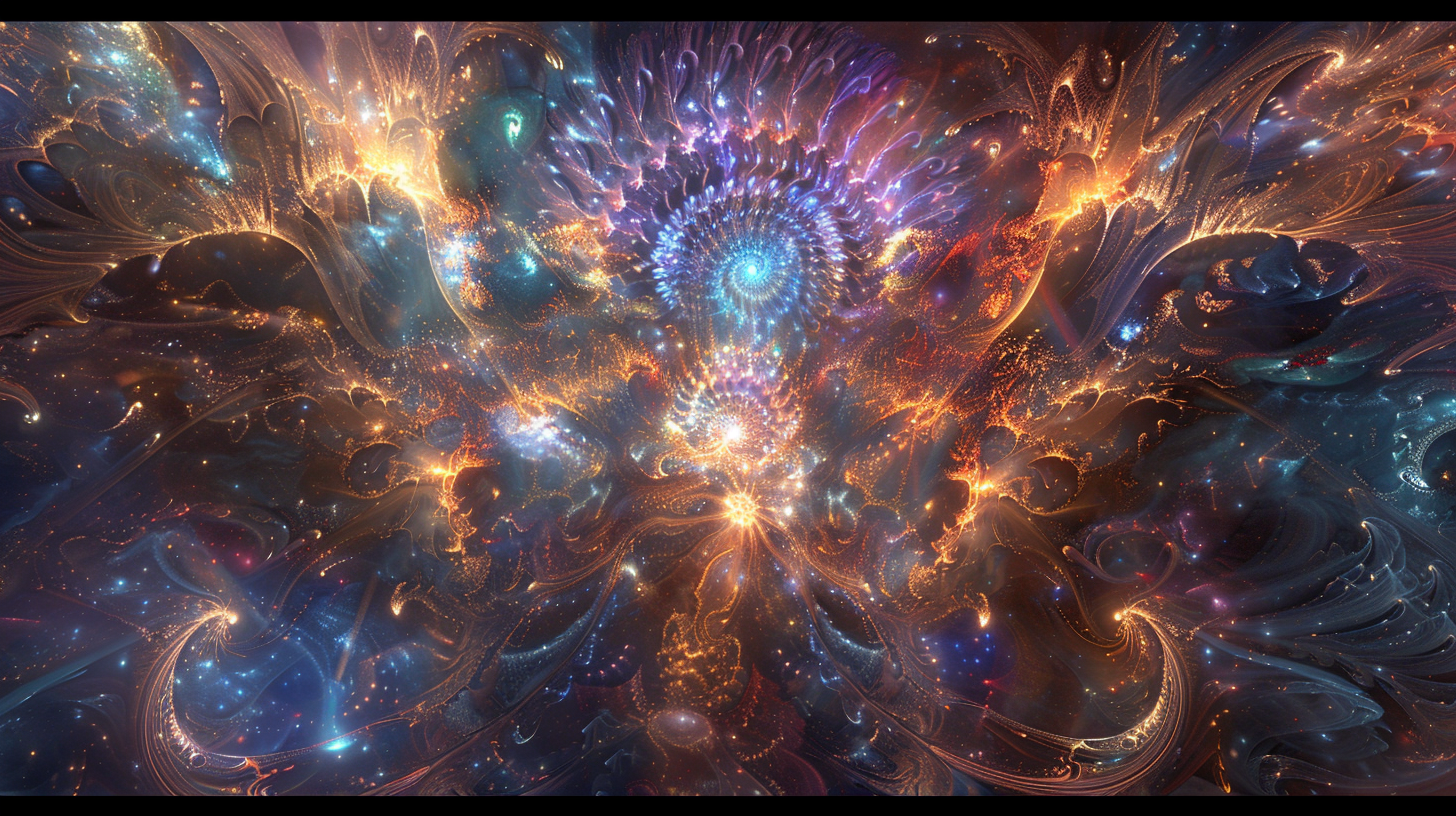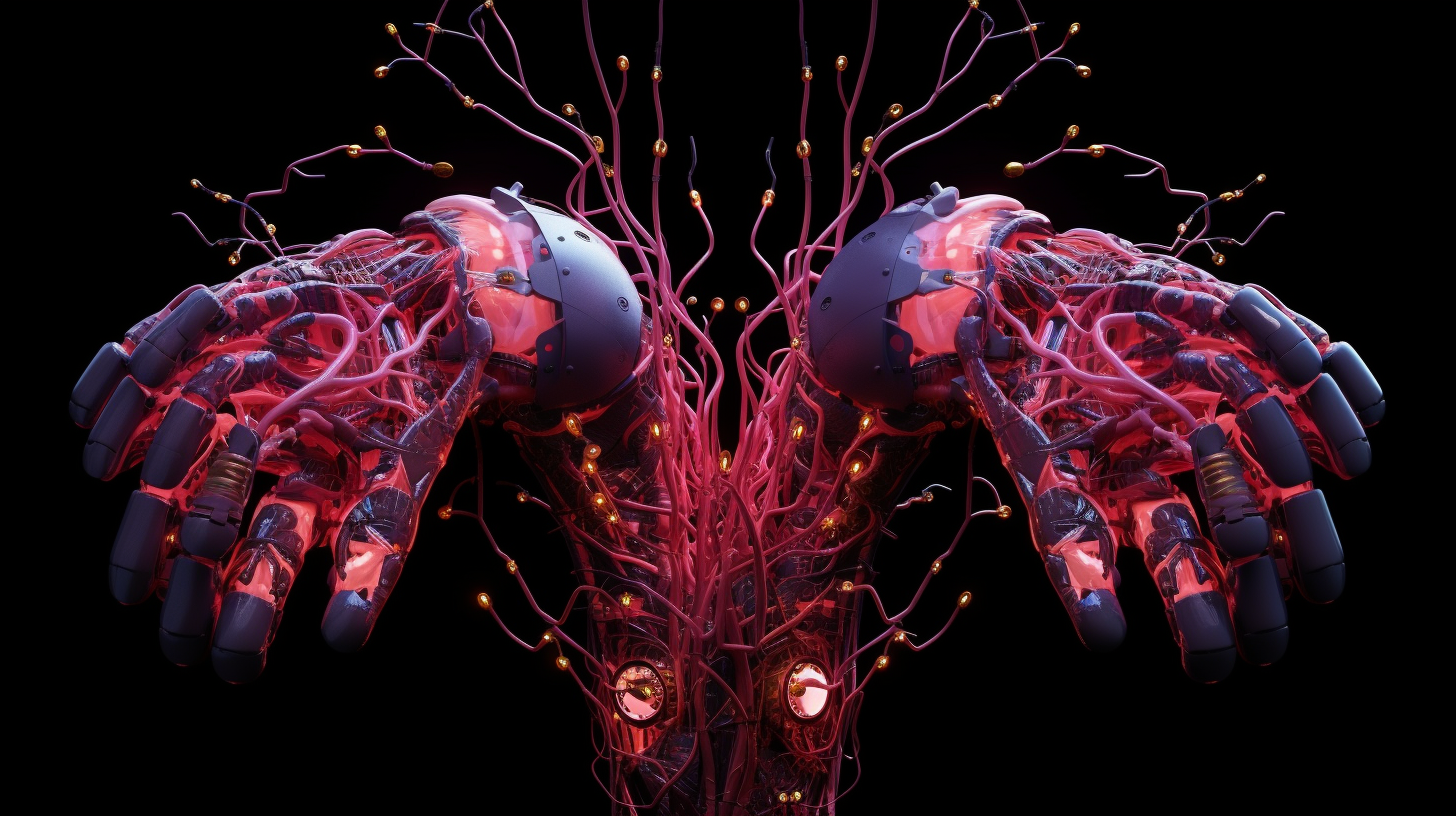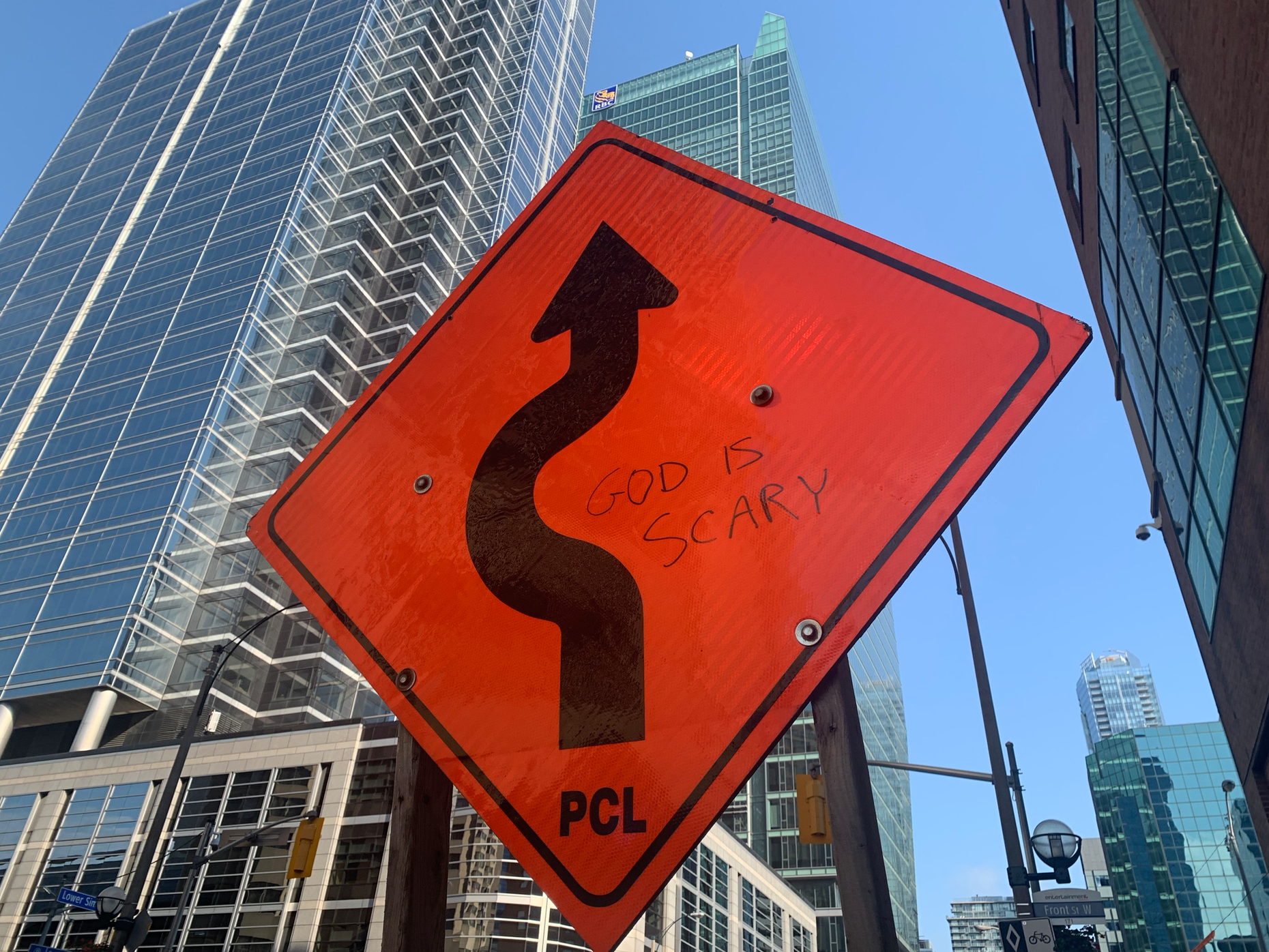Data practitioners: data scientists, analysts, researchers, data engineers, data ops engineers, machine learning engineers and artificial intelligence engineers, all dedicate considerable time and energy clarifying and purifying data in the belief that some system, be it human or artificial, will make better decisions with better data. There’s a belief, optimism, that accuracy and validity help to drive understanding, reason, and in general, better. It’s better to be accurate with fatter error bars, experience more discomfort with the ambiguity and make decisions that make things somewhat better than to feel extremely confident and making things a lot worse. Ground truth is difficult to chart, and it’s the bedrock upon which progress is built. It’s why we bother to try. In our[…]
Category: Human Learning
Two cluster of events in 2024, so far, have changed my mind about the nature of the entrepreneurial firm: The post I shared in March, 2024 titled Honesty, Error, Deception, Fraud was a direct response a part of what I experienced in January. It represented the most coherent summary of what I thought I saw and heard. The post in May, Non-fictional intent in fictional contexts was a follow-on about belief, make-believe, deception, and self-deception. July’s post on The nature of secrets – a secret having a component of deception and often a non-fictional intent was in part a response to re-reading prior material with new eyes. The nature of belief, self-belief, self-object-belief, deception, self-deception, make-belief, belief-speaking, delusion, performance, performance[…]
It took a lot of effort reconcile two forms of order: letters and numbers. Numbers had identities because they had names. Just as I was picking up the sound of names fourteen, sixteen, seventeen, eighteen, nineteen, and the mysteries of numbers that began with twenty, I became quite frustrated with eleven and twelve. Here were two sets of two symbols with distinct names that didn’t fit. They broke the pattern, the beautiful symmetry, between place and place value. And how I ever despised thirteen as a concept because there was not only was there no firteen nor seconteen. Where was thirteen anyway? It wasn’t on the clock. It wasn’t on any packaging. Good things never came in packages of thirteen.[…]
How often are you asked to suspend disbelief as the price of admission? When should you? There are quite a few such contexts. Satire is my favourite. Plays are a close second. When you attend a play, you suspend disbelief for awhile. You know that the actors up on stage are engaging in a deception. They’re acting like something they’re not. And, for the enjoyment of all those around you, you keep your mouth shut about what’s happening up on stage. It isn’t a dialogue. It’s a one way broadcast. The same goes for sports entertainment: a brilliant category positioning statement if there ever was one. You know that the Macho Man Randy Savage isn’t literally the Macho Man Randy[…]
I want to believe that the current generation of applications powered by Large Language Model (LLM) don’t represent the height of the state of the art for prediction machines and that no single firm will reach 80% market share and go onto dominate the generative era. I want to believe that the future is quite open, and that these early returns we’ve made in applied machine learning can compound. It’s because I want to believe so much that it’s worth questioning the assumptions. What might cause the future to become closed? Does OpenAI scan its API logs for good ideas? In 2023, a surge of founders developed skins for OpenAI’s ChatGPT. Some based their startup on enabling a user to[…]
I heard a belief on September 10, 2023 in Singapore: ~”When people lose money, they learn, they become more intelligent.” And I thought – huh. That’s kind of neat. I want to believe that. Is that true? Why do I want to believe that? I want to believe that it’s true because that would be awesome! It would mean diminishing returns for the wolves. Sure, a sucker is born is every second, but maybe a hundred are converted into skeptics every minute? If it was true, the world become progressively better. The population vulnerable to raiding, to fraud, to injustice, would be diminishing all the time. Sure, collectively, we would never get to zero, but it would approach some asymptote,[…]
Paul Graham wrote on May 9: “Observation suggests that people are switching to using ChatGPT to write things for them with almost indecent haste. Most people hate to write as much as they hate math. Way more than admit it. Within a year the median piece of writing could be by AI. … I warn you now, this is going to have unfortunate consequences, just as switching to living in suburbia and driving everywhere did. When you lose the ability to write, you also lose some of your ability to think. I don’t have the slightest hope of averting this switch. I often tell startups it’s safe to bet on laziness, and this is one of the biggest bets on[…]
It’s quite astonishing to think about just how much human knowledge exists, and just how diffuse its distribution is. It’s hard for any individual to tell. There are clues though. Knowledge is a major way that people create distinctions among one another, so it stands to reason that you can get a sense for how knowledge is distributed by looking at the distinctions people make amongst themselves. The knowledge of French and the knowledge of English creates a distinction between two rather large groups. The knowledge and application of ancient stories is another. The knowledge of how to shape a piece of wood, or stone, or glass used to be a pretty huge distinction. There are entire identities put in[…]
What you believe has a lot to do with who you believe. Who you believe, and who you don’t, can be represented as a network. Networks cause and reinforce trust. In this post, I’m going to try to make the connection between trust, society, and the delta variant of COVID. As I begin writing this post on July 20, 2021, I know about Delta Variant. We know that it’s burning through large populations of unvaccinated people. I think most people see it coming. And as the days passed, I watched increasing anxiety about what is to come. As a I publish this on August 1, there still isn’t much evidence of a mass urgency to vaccinate. So why the inaction?[…]
Benedict Evans writes fantastic writing prompts. He’ll make references to different first principles, and he’ll go onto build arguments out of them later. Sometimes I agree with them. Sometimes I don’t. He does provoke thought. One theme is the nature of people. On October 9, 2020, Benedict Evans wrote: We connected everybody, and that meant we connected all the bad people and the idiots, and our own worst instincts, and all society’s problems get expressed in software. Sometimes the Internet amplifies and channels that, but maybe sometimes the Internet is people. On April 23, 2021, Benedict Evans wrote: Old: if you make something idiot-proof, God creates a better idiot. New: if you create an Internet service that’s proof against assholes,[…]










